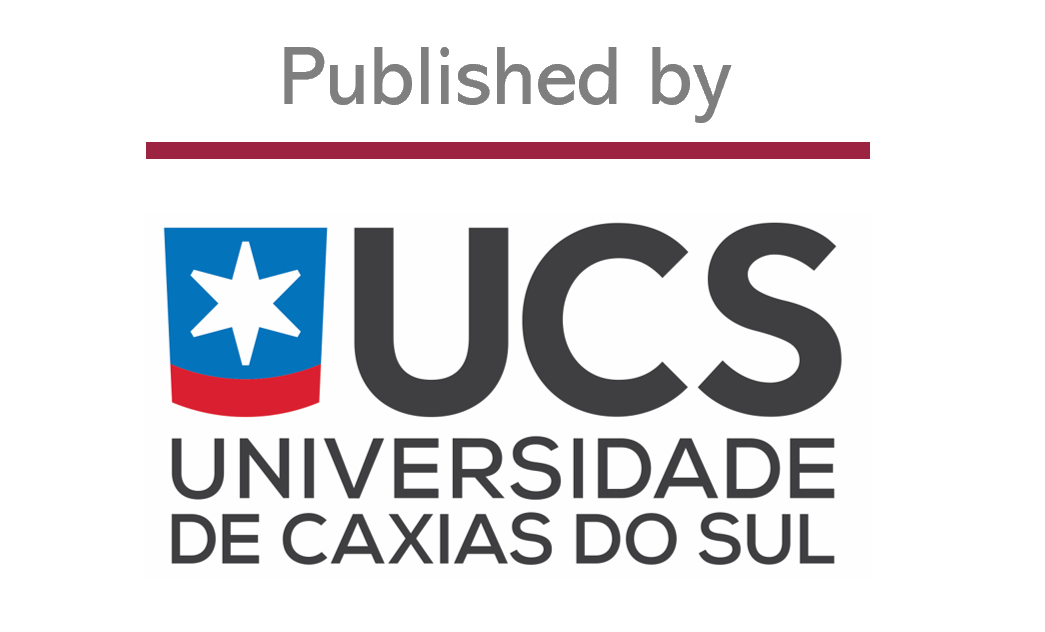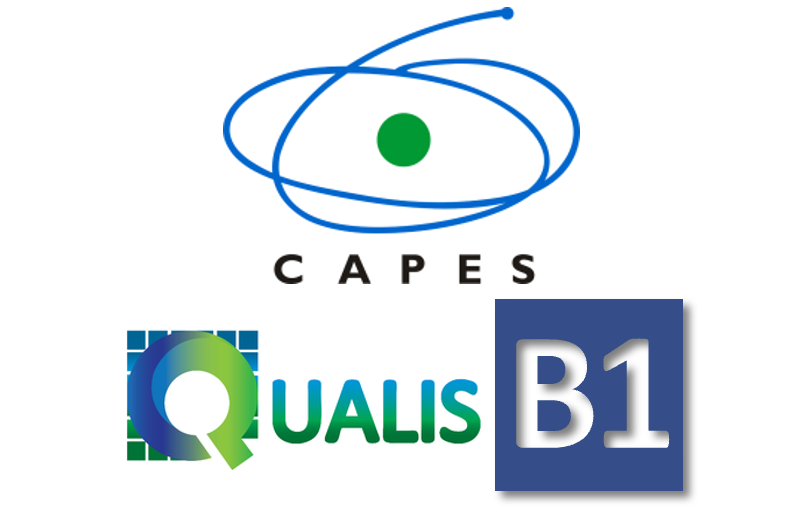Building the Concept of Acceleration - A Proposal for Promoting the Meaningful Learning
Abstract
This work aims to present a sequence of activities to help the students concept of acceleration. It was developed with a group of eighth grade elementary school sutdents in a state school of Bom Princípio, RS. The physical quantities of kinematics are presents on the day-a-day but in classroom is perceived that students, in general, have difficulties in developing and understanding of concepts related to that topic. Previous experiences that the student experiences in their daily lives led him to build their own conceptions to explain the phenomena observed, and in school, are faced with the scientifically accepted concepts. These preconceptions are strongly rooted in the cognitive structure of the learner, are not easily replaced and added to the lack of contextualization of content taught, unattractive learning resources and teaching that emphasizes rote learning are factors that contribute to failure of learning. The activities are based on the principles of meaningful learning and focused on active student participation. A pre test for identifying knowledge and preconceptions was applied as well as the post-test assessment of knowledge building. Figures with strobe photographs and video were used as prerequisites for the development of the new concept organizers. Later, the students elaborated and executed projects using resources of shooting and sequential shots to apply the concepts involved in this study. The results observed during the didatical sequence indicate that the occurrence of learning of the concepts of kinematics.
Downloads
How to Cite
Issue
Section
License
Declaração de originalidade e cessão de direitos autorais
Declaro que o presente artigo é original, não está sendo tendo sido submetido à publicação em qualquer outro periódico nacional ou internacional durante o processo de revisão. Através deste instrumento, em meu nome e em nome dos demais co-autores, porventura existentes, cedo os direitos autorais do referido artigo à revista SCIENTIA CUM INDUSTRIA. Contudo, a reprodução total ou parcial impressa ou eletrônica pode ser feita desde que o autor comunique oficialmente à revista. Declaro estar ciente de que a não observância deste compromisso submeterá o infrator a sanções e penas previstas na Lei de Proteção de Direitos Autorias. Declaro estar ciente de que a não observância deste compromisso submeterá o infrator a sanções e penas previstas na Lei de Proteção de Direitos Autorias (Nº9610, de 19/02/1998).





